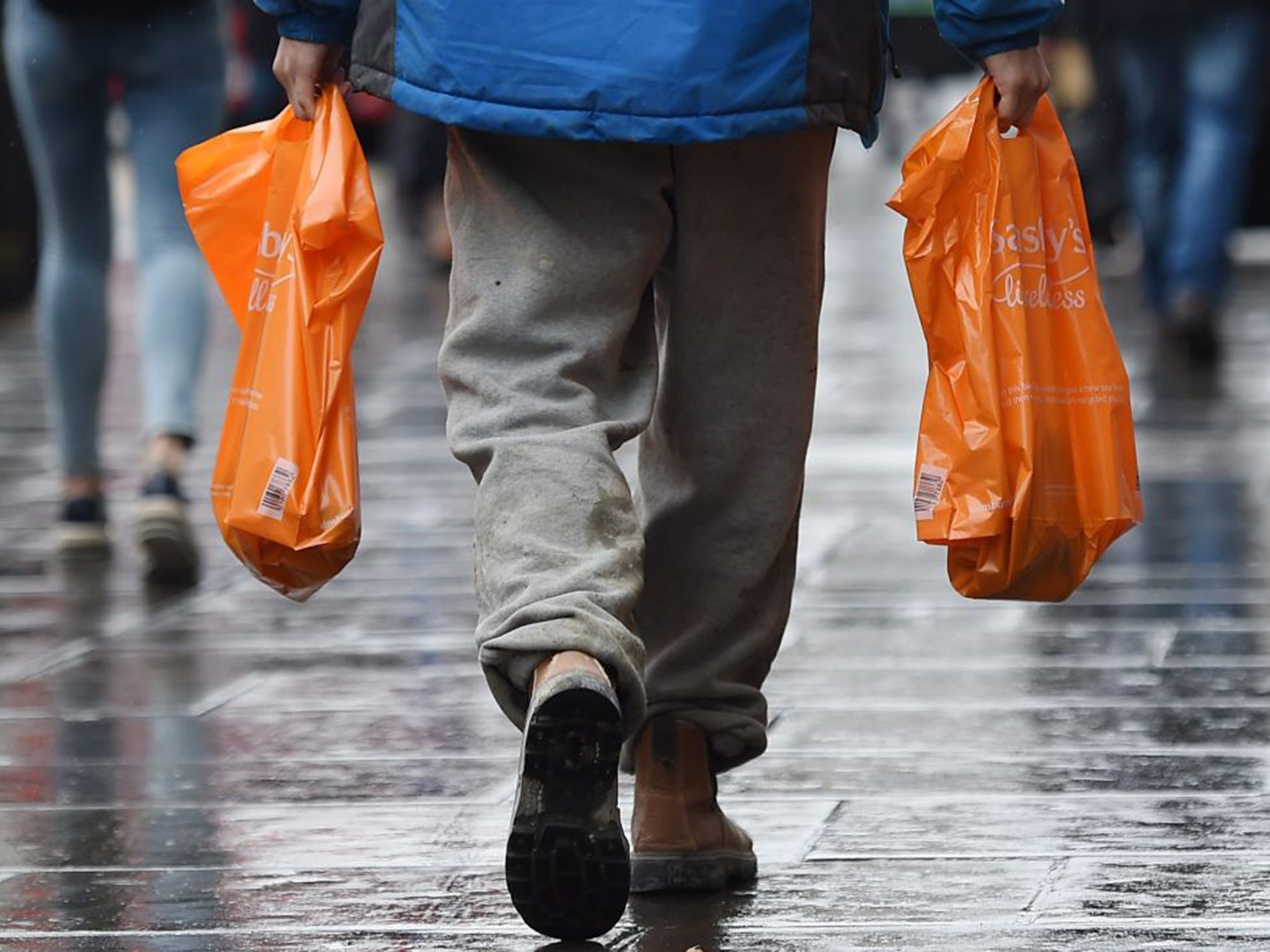Supermarket bags for life could spread harmful bacteria, Food Standards Agency warns
Watchdog says bugs like E.coli and campylobacter, which can cause stomach bugs, can be transferred from the outside of packaging when plastic bags are re-used

Supermarket bags for life risk spreading harmful bacteria from the packaging of foods such as meat and fish, a consumer watchdog has warned.
The Food Standards Agency says bugs like E.coli and campylobacter, which can cause stomach bugs, can be transferred from the outside of packaging when plastic bags are re-used. This can happen even if the product is not leaking, though the FSA did not say how commonly such contamination is thought to occur.
Consumers should always pack raw and ready-to-eat food products into separate bags and wash their hands when returning home after shopping, the FSA advises in its latest update.
“Even if there are no obvious spillages or staining after several uses, we would recommend that cotton/fabric bags for life be machine-washed regularly if they have been used for carrying raw items,” the FSA website recommends. Re-usable plastic bags should be replaced if there is any visible spillage or soiling, the agency said.
Official figures show that campylobacter is responsible for hundreds of thousands of food poisoning cases each year in the UK, mostly through contaminated chicken.
Even wrapped raw foods such as pre-packed fresh meat and fish may have traces of harmful bugs on the outside of the packaging.
Supermarkets and other large retailers in England have been charging 5p for single use bags since 2015. Charges were introduced in Wales in 2011, Northern Ireland in 2013 and Scotland in 2014. The UK’s largest retailer, Tesco stopped handing out single-use bags altogether last month.
The changes have seen more people switch to packing their shopping in reusable bags for life and appear to have prompted the FSA to quietly update its guidance on 30 August.
Least ethical supermarkets
Show all 11Concerns over the spread of bacteria from the outside of packaging are not new. Several studies published prior to the introduction of the carrier bag charge warned of a potential increase in stomach bug cases when the changes came in.
One study in the US pointed to an increase in the number of people admitted to hospital with food poisoning when San Francisco banned retailers from giving customers plastic bags to hold their shopping.
The latest FSA figures do not record a similar rise in the UK. Laboratory reports of human cases of campylobacter cases declined 17 per cent decline in 2016. However, many other factors could have impacted this, such as increased efforts by regulators and food suppliers to reduce infection rates.
Subscribe to Independent Premium to bookmark this article
Want to bookmark your favourite articles and stories to read or reference later? Start your Independent Premium subscription today.

Join our commenting forum
Join thought-provoking conversations, follow other Independent readers and see their replies